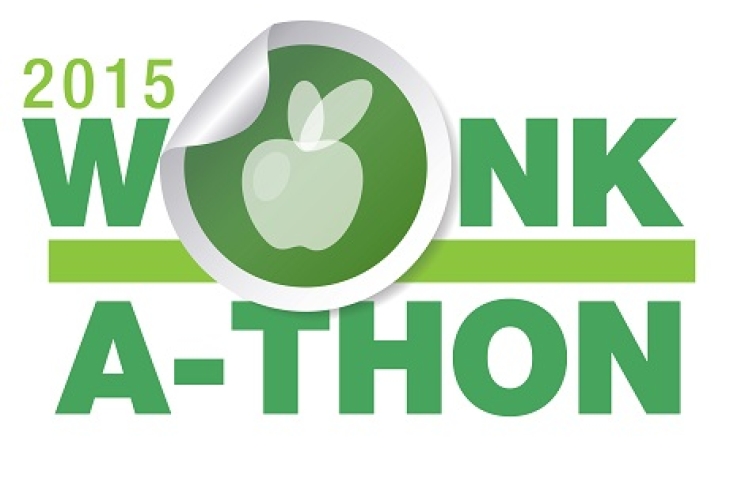
This is the fourth entry in Fordham’s education savings account Wonkathon. This year, Mike Petrilli challenged a number of prominent scholars, practitioners, and policy analysts to opine on ESAs. Click to read earlier entries from Michael Goldstein, Seth Rau, and Matthew Ladner.
Nevada lawmakers just created education savings accounts, a flexible way for parents to find a high-quality education for their children. Parents and students have many options with these accounts, and lawmakers may feel a strong temptation to regulate them out of a fear of the unknown.
Historically, the number of regulations lawmakers have enacted is as worrisome as whether the government’s responses fit the intended purpose. An instructive example comes from Australia. In 1935, the nation had a problem with beetles eating the nation’s sugar cane. As a remedy, lawmakers introduced cane toads to the continent to eat the bugs.
The toads took care of the pests, only to become pests themselves. Now the nation has 200 million cane toads and admits “eradication (except locally) is not practicable.” A government’s proposed solution to a problem became a problem in itself, complete with more regulation.
Like cane toads down under, the eradication of federal and state rules and regulations is not practicable in the United States. But with some hindsight, we can measure a length of red tape just long enough to protect taxpayers without affecting students' learning.
In Nevada’s new system, the state deposits public funds in a private bank account that parents use to pay for educational products and services for their children. Families and their students can use the accounts to pay for online classes, textbooks, private school tuition, college expenses, and personal tutors.
State regulations play an important role in answering the first two questions that are usually asked about the accounts: How do we know the money is being used for educational purposes, and how can we be sure students are learning?
To answer the former, advocates and policymakers in Arizona designed a clever mechanism that would have far-reaching implications for public schools if it were applied across the system. When a student is awarded an education savings account, the state deposits funds into the account on a quarterly basis. At the end of each fiscal quarter, families must produce receipts for their expenses. The department reviews the receipts, and if everything is in order, the agency makes the next quarter’s deposit.
Since the agency can monitor the accounts online, this auditing process prevents any large-scale fraud from taking place. The agency can hold future deposits if any expenses are not accounted for. Imagine taxpayers’ savings if a school district that had committed fraud did not receive its next payment until the situation was resolved.
As for student learning, less regulation is necessary. Unless parents want their child to be living in the basement until age thirty, it is in families’ interests to use the accounts to give students the best education they can find. If parents choose to send their children to private schools, these schools typically post the average SAT/ACT scores of their graduates on their web sites, along with a list of colleges those graduates have attended. Similarly, states can commission an academic researcher to collect participating student results on nationally norm-referenced tests and release an independent report.
“Sure,” you say, “but what about those families that do nothing to educate their child?” For families using an education savings account, if the monitoring agency records activity (or lack thereof), the department can contact a family to review their expenses. In Arizona, savings account families are required to spend a portion of their funds each year.
Just two weeks ago, scientists discovered a so-called “humane” way to kill cane toads: Freeze them. Likewise, state lawmakers in the United States should put most ideas for education savings account regulation on ice. Meanwhile, parents will be searching for the best ways to use the accounts, and researchers and lawmakers should study the most effective methods for protecting taxpayers and promoting student achievement.
Jonathan Butcher is the education director at the Goldwater Institute and a senior fellow at the Beacon Center of Tennessee.
